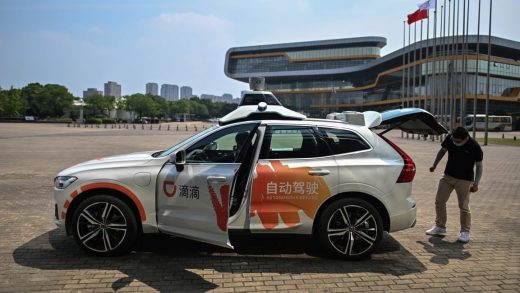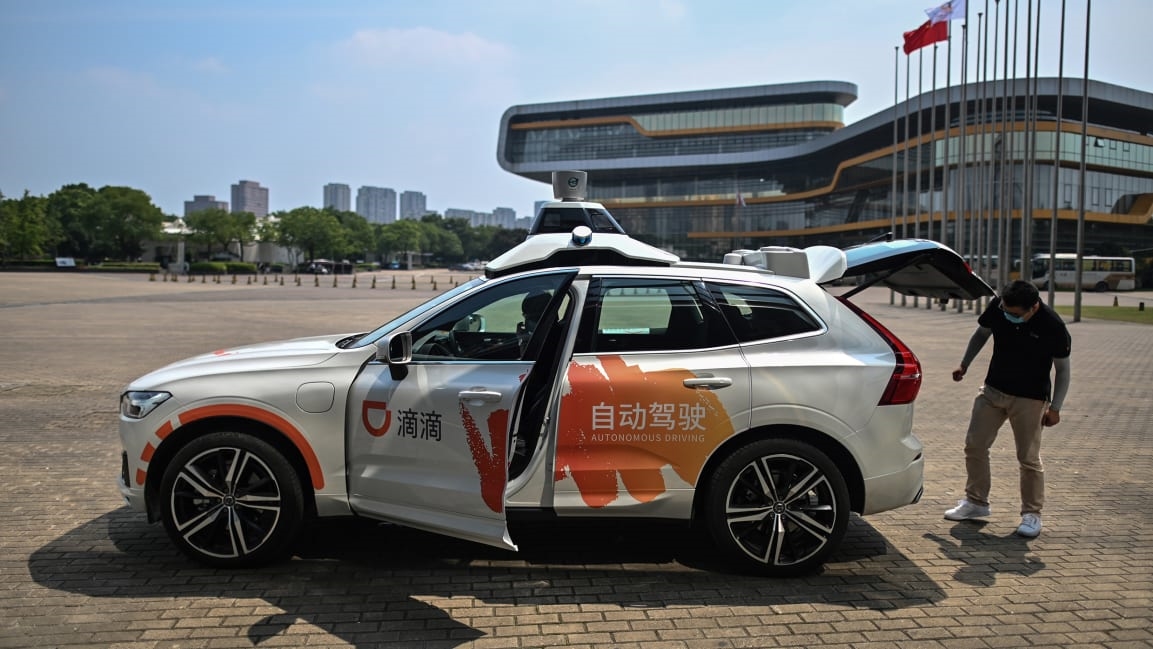China’s ride-hailing giant Didi could be the world’s biggest IPO this year
China’s ride-hailing giant Didi Chuxing, which commands the largest market share in the country of 1.4 billion people, wants to go public and has filed the necessary paperwork with the U.S. Securities and Exchange Commission.
The company is preparing for an initial public offering in July, in what some are speculating could be the world’s biggest IPO this year. People familiar with the matter told The Wall Street Journal that Didi could score a valuation upwards of $70 billion, amid a recently frenzied IPO market that saw investors stake billions into buzzy, high-growth companies. A separate source for Reuters put that number closer to $100 billion.
Didi—which has been dubbed “the Uber of China”—is the predominant ride-hailing app there. In fact, it won a bitter war with Uber to claim that distinction after the Silicon Valley-based company sold its Chinese operations to Didi in 2016. In exchange, Uber was granted a 15% stake in Didi.
Other high-profile shareholders include SoftBank Group, helmed by the prolific investor Masayoshi Son; the Jack Ma-founded e-commerce behemoth Alibaba; and the Chinese tech mega-conglomerate Tencent.
But Didi appears to have aspirations far greater than just a ride-hailing company. Its app currently features services related to bike sharing, gas stations, and personal finance, and the company recently invested in its own autonomous-driving unit, which launched robotaxis in Shanghai in June 2020. According to the company’s self-commissioned research, it also runs the largest electric-vehicle charging network in China and has expanded to 15 countries, including Brazil, Mexico, Japan, and Australia.
Didi’s IPO has long been in the pipeline, although the COVID-19 pandemic briefly paused its flow. The ride-hailing industry was among the hardest hit as stay-at-home orders proliferated; major companies like Uber and Lyft bled hundreds of millions of dollars in revenue.
According to Didi’s IPO filing, the company posted a $1.6 billion net loss in 2020. Like most ride-hailing companies, it has also been historically unprofitable, although it says the billions it’s expecting to raise before its IPO will fund future expansion projects. It also swung to a profit in the first quarter of 2021, as the economy rebounded from the pandemic.
Didi still faces hurdles ahead as Beijing looks to tighten its grip on China’s biggest businesses. Earlier this year, it was one of several domestic tech companies fined by government regulators for alleged monopolistic practices.
The company’s name, Didi, is a Mandarin-language reference to the beeping sound that a car makes.
(47)



